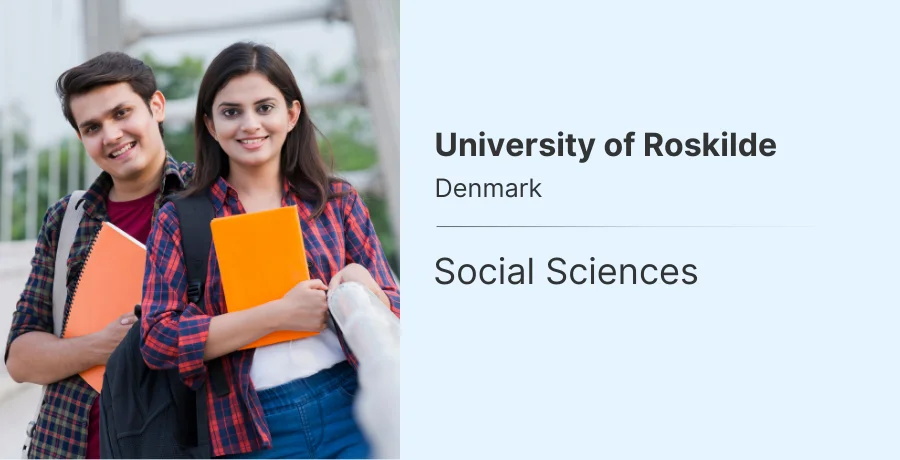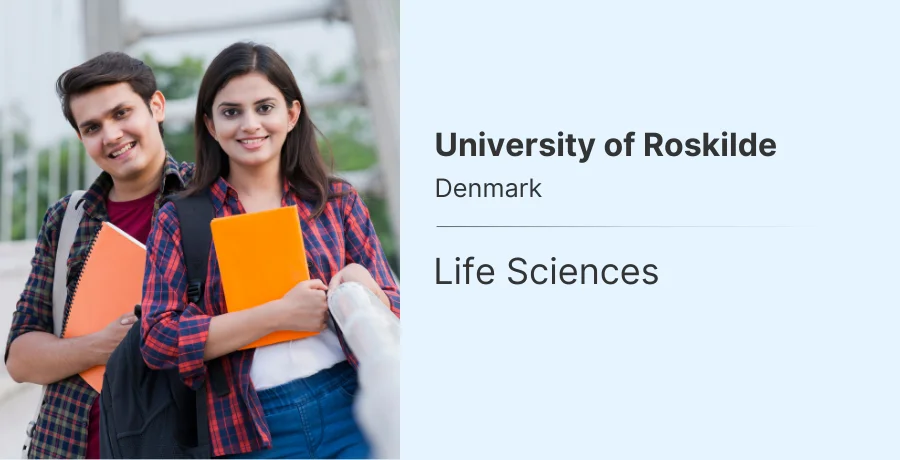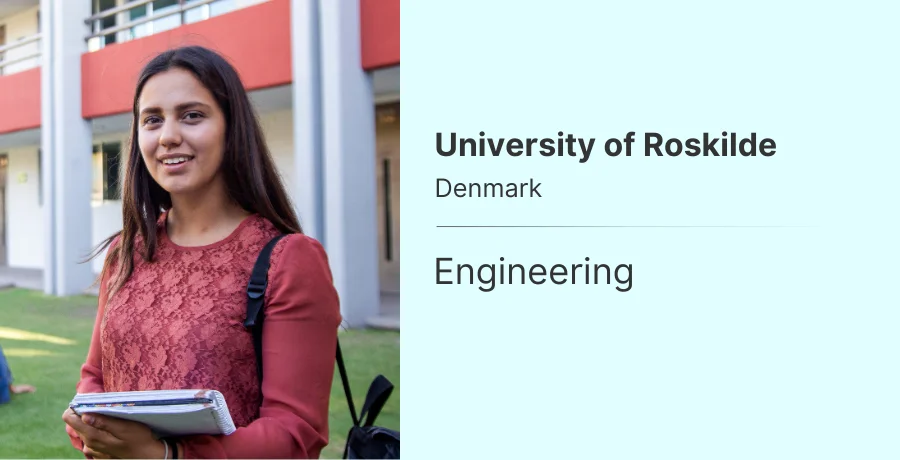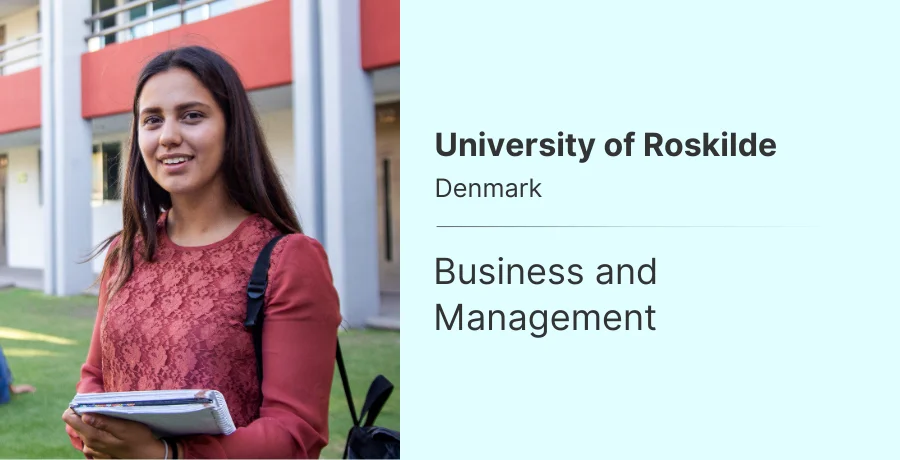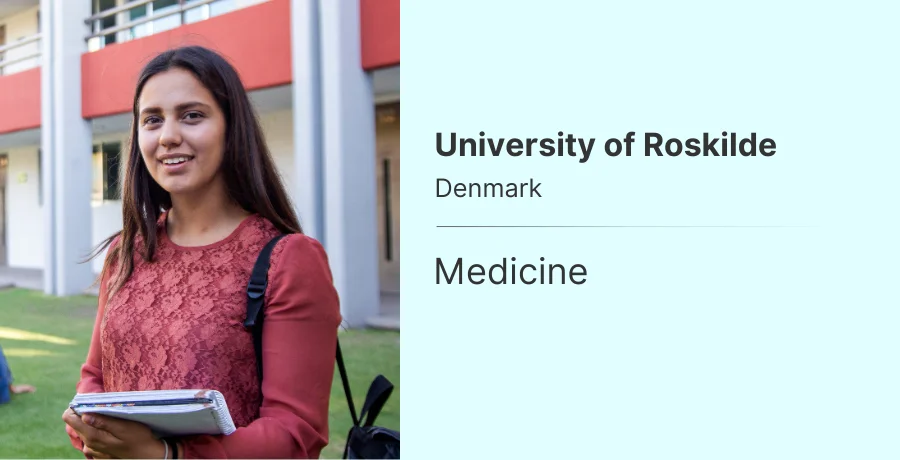Everything You Need to Know About Studying a Ph.D. in Denmark
Highlights of Pursuing a Ph.D. in Denmark
Denmark is a top destination for Ph.D. studies due to its highly research-oriented universities and global reputation for quality education. Danish universities focus on an innovative research environment, enabling students to explore advanced fields.
- Duration: Typically 3 years, with options for 4- to 5-year programs
- Funding: Fully funded programs are available, with stipends covering living expenses
- Research Quality: Denmark ranks high globally for research in fields like life sciences, engineering, and social sciences
Top Universities in Denmark for Ph.D. Studies
Danish universities offer globally competitive Ph.D. programs and research opportunities.
- University of Copenhagen: Known for science, medicine, and humanities research
- Technical University of Denmark (DTU): Strong emphasis on engineering and applied sciences
- Aarhus University: Highly regarded for business, arts, and sciences
- Aalborg University: Innovative in technology, social sciences, and engineering
Ph.D. Course Structure in Denmark
Ph.D. programs in Denmark are research-centric, providing both academic and practical exposure.
- Research Work: The program includes extensive research, culminating in a thesis
- Coursework and Seminars: Covers mandatory and optional courses that complement research
- Teaching Responsibilities: Ph.D. students often assist in teaching undergraduate classes
- International Collaboration: Strong emphasis on global partnerships and academic networking
Living Costs for Ph.D. Students in Denmark
Living in Denmark can be expensive, but Ph.D. stipends often cover essential expenses.
- Accommodation: €400–€800 per month for shared and independent housing
- Monthly Living Expenses: €1,000–€1,500 including food, transport, and personal expenses
- Additional Expenses: Health insurance is free for students with a residence permit
Accommodation Options in Denmark for Ph.D. Students
Danish universities and private housing options are available for international Ph.D. students.
- On-Campus Housing: Limited, but often arranged by universities for international students
- Private Rentals: Apartments or shared housing are common among Ph.D. students
- Student Dormitories: Affordable and popular, with shared facilities and social spaces
Ph.D. Intakes and Deadlines in Denmark
Ph.D. programs in Denmark may have flexible start dates, particularly in research-based programs.
- Main Intakes: January and September, with flexible admissions in some cases
- Application Deadlines: Vary by university and program, often around 3-6 months before intake
- Funding Deadlines: For fully funded positions, deadlines are strict; check university websites
Admission Requirements for Ph.D. Programs in Denmark
Admission criteria for Ph.D. programs in Denmark are rigorous, focusing on academic excellence.
- Master’s Degree: Required in a related field, with strong academic performance
- Research Proposal: Statement of intended research with specific goals
- English Proficiency: IELTS (6.5+) or TOEFL (90+) for non-native English speakers
Tuition Fees for Ph.D. in Denmark
Denmark offers both tuition-free and fully-funded Ph.D. programs for international students.
- EU/EEA Students: Typically no tuition fees
- Non-EU Students: Fees may apply, depending on the program and funding status
- Scholarships and Stipends: Fully funded Ph.D. positions include a monthly stipend
Scholarship and Funding Opportunities in Denmark
Numerous scholarships and stipends are available, making Denmark an attractive option for Ph.D. students.
- Danish Government Scholarships: Available for highly qualified international students
- Marie Skłodowska-Curie Actions: EU funding for research in various fields
- University Scholarships: Many institutions offer Ph.D. scholarships covering tuition and living costs
Career Opportunities after Ph.D. in Denmark
Denmark offers numerous career options for Ph.D. graduates, especially in research-intensive fields.
- Postdoctoral Research: Universities and research institutions offer positions for postdocs
- Industry Roles: Demand in biotech, engineering, and information technology industries
- Academic Pathways: Teaching and research roles at universities and higher education institutions
FAQs about Ph.D. Studies in Denmark
Q1: Do Ph.D. students receive funding in Denmark?
A: Yes, many programs offer fully funded positions, which include a stipend to cover living expenses.
Q2: How long does a Ph.D. in Denmark typically take?
A: Ph.D. programs in Denmark usually take 3 years, but some extend to 4 or 5 years based on the research area.
Q3: What is the language of instruction for Ph.D. programs in Denmark?
A: Most Ph.D. programs are conducted in English, especially those geared toward international students.
Q4: Are there opportunities for teaching during a Ph.D. in Denmark?
A: Yes, Ph.D. students often assist in teaching undergraduate classes as part of their training.
Q5: Is a master’s degree required to apply for a Ph.D. in Denmark?
A: Yes, a relevant master’s degree is generally required, along with a strong academic and research background.
.webp)






